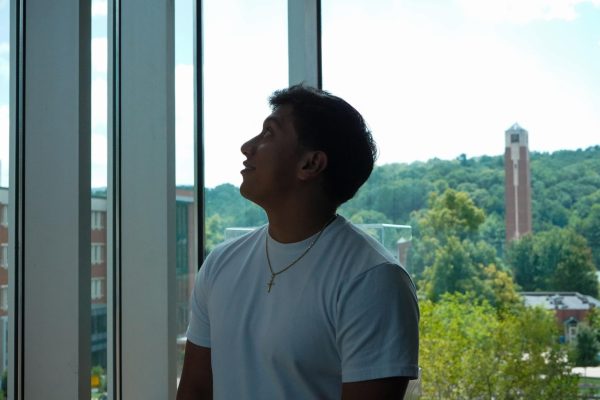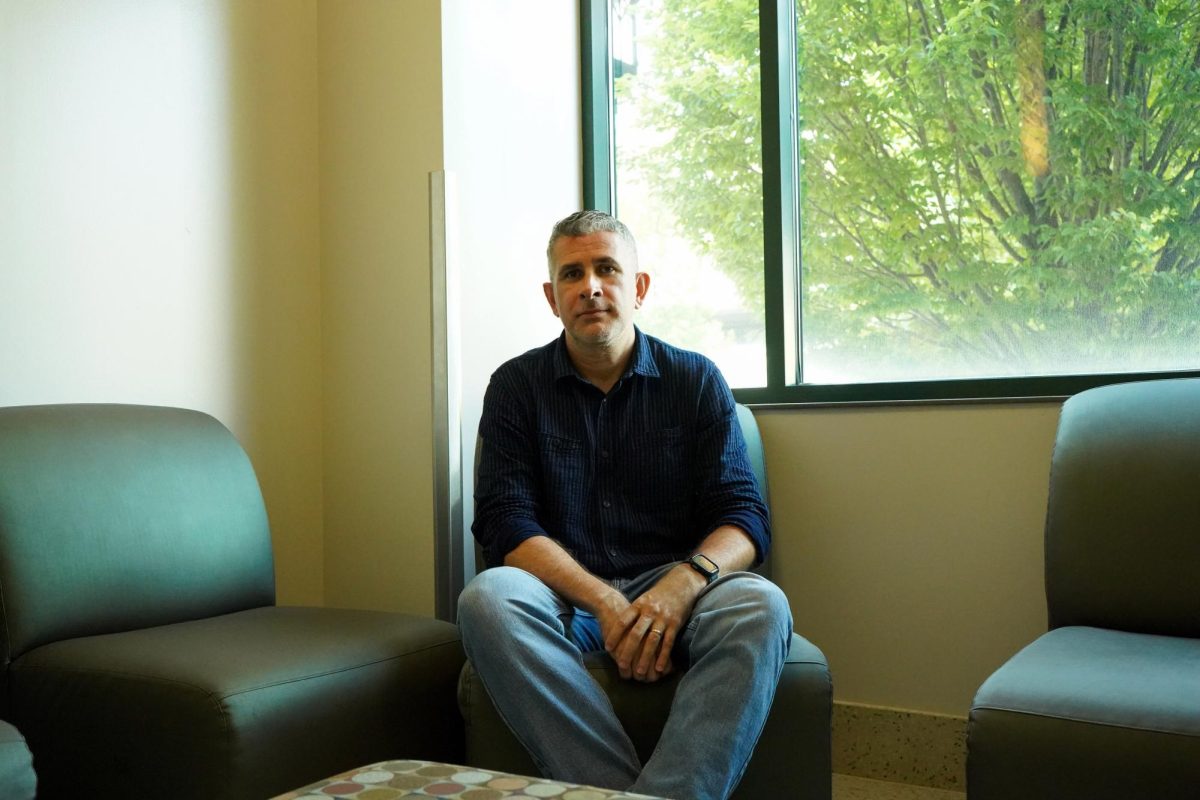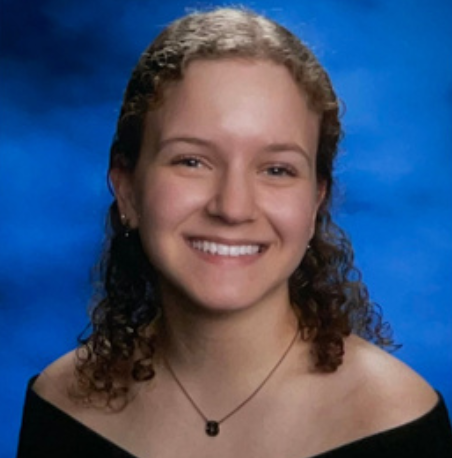The first time Yolanda Adams experienced racism was when she moved to Boone from Florida 20 years ago.
While working at AppHealthCare in the early 2000s, Adams, who now works at Q’Pasa Appalachia and GEAR UP as a translator, said she had a patient who didn’t want her to help him check in because of her skin color. Whenever she answered his phone calls to the office, he would hang up, call back, and request a white employee to make his appointment. Coming from an ethnically diverse area in Florida, Adams said she was shocked, uncomfortable and unsure of how to respond.
According to the 2020 and 2022 U.S. Census, Latino and Hispanic people comprise approximately 11% of the Boone township population, making Hispanic people the largest minority group in Boone.
Rwany Sibaja, director of history education and executive director of teacher education programs at App State, finds his culture in the bottles of Lizano salsa that Publix sells, the coffee he drinks and the language he speaks during his breaks between meetings and classes. As a Costa Rican, however, he still feels like he is a minority within a minority group.
“There’s a racial diversity within the ethnicity that is very complex,” Sibaja said. “So I think the one struggle I have is that people might just make a monolithic assumption and just say ‘Latin America’ or ‘Latinos’ without recognizing that diversity. And so that can lead to overgeneralizations, maybe stereotypes.”
Sibaja said he was the only Latino student at his college, the only Latino teacher in Davidson County Schools when he was hired and the only Latino employee in the central office when he worked for the Winston-Salem/Forsyth County School System. He said he has always been the one who stands out. However, he does not see it as an impediment but as an advantage that helps him have “something unique to bring to the table.”
As the son of immigrant parents and a first-generation college student, Sibaja said he had no one to help him with his “firsts” of college, like moving into a dorm room or signing up for classes, and he hopes he can use his experiences to further support students in a similar situation.
Edgar Jaimes-Ramos is a senior construction management major and vice president of the Latin Hispanic Alliance. He said even though he builds safe spaces, such as his indoor soccer group that meets weekly for himself and others to engage with various cultures, he feels the need to code-switch when he is outside of those spaces.

“When I tell people I’m an engineer, right? When I tell people that I went to Nashville this summer and I have one of the highest-paid internships, they switch up on me,” Jaimes-Ramos said. “People will be like, ‘Oh, this kid has his stuff together.’”
Jaimes-Ramos said Boone is tailored toward white U.S. residents and though there is “a whole hallway of flags” in the Plemmons Student Union and ethnic restaurants spread out in the city of Boone, the accessibility of cultural diversity is lacking.
In his vice president position, he said he has witnessed App State’s institutional support grow spotty due to miscommunication between club leaders and university administration, particularly surrounding diversity, equity and inclusion repeals for UNC System institutions.
According to Forbes, diversity, equity and inclusion repeals aren’t only happening in the UNC System but also in states across the nation.
Kamala Harris accepted the presidential nomination at the Democratic National Convention on Aug. 22. Though she has been called a “DEI hire” by Representative Tim Burchett of Tennessee, the issues that affect her status as a child of immigrants and a woman of color are supported in her party platform, which focuses strongly on “strengthening democracy,” “protecting freedoms” and “fixing the immigration system.”
The Republican Party platform is focused on “defeating inflation,” “sealing the border” and “bringing back the American Dream.”
Kayla Ordaz-Magana, president of App State’s Latin Hispanic Alliance, said when Harris is brought up in political discussion, it is almost never about her policies but about “her skin tone, or her hair, or why she does something, or why she speaks in the certain type of language that she does.”
Sibaja said rather than focus on the biographies of candidates, he focuses on the policies they advocate for.
“I want to know what they’re going to do in those areas,” Sibaja said. “There’s platitudes and then there’s action. Who has a record of standing up for the ideal of America where everybody has a shot?”
App State offers resources for Latino and Hispanic students and faculty, including APP Unidos, of which Sibaja is a founder. APP Unidos is a group for faculty and staff to connect with their Hispanic culture amongst the company of others. Another resource for students is federally funded Student Support Services.
Cathia Silver, director of Student Support Services, said that Student Support Services now has approximately eight programs under its jurisdiction that support App State college students, along with middle and high schoolers in various school systems nationwide. All students who participate in the programs have to meet requirements, including being a first-generation student and meeting certain federal income guidelines.
“It’s amazing, isn’t it? To be the first in your family to pursue and then hopefully complete a college degree,” Silver said. “So I think that they each feel responsibility and are very proud of that because they know what it means to their family and to themselves.”
Silver said to be a role model is not to be from one minority group or another, or from one circumstance or another, but to be “a role model to the younger generation about what is possible.”
Para leer en español haz clic aquí.



